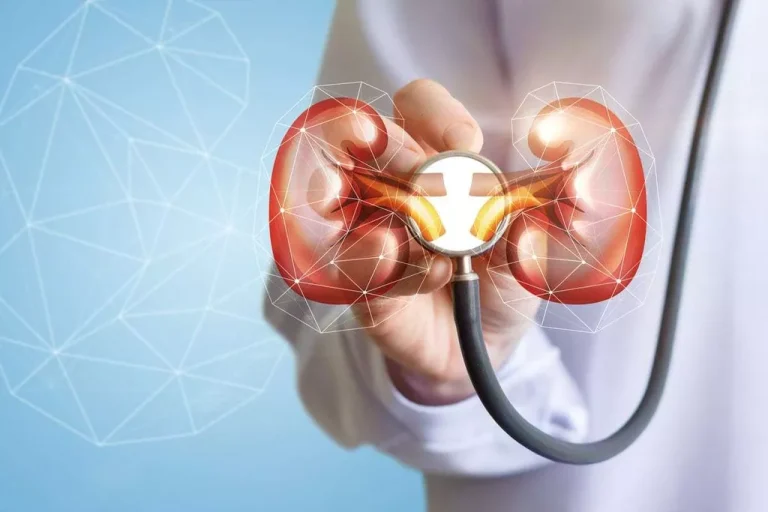This study, however, did not specify the amount of alcohol intake, and did not control for participant’s physical activity (PA) levels 40. Conversely, one study found no association between alcohol intake and increases in WC in men, but a small positive association in women 41. There have also been recent studies that have found a general positive association between alcohol intake and weight gain 42. =https://ecosoberhouse.com/ This study, however, did not control for PA levels and only assessed alcohol intake on a yes/no scale 42. This is because drinking alcohol can provide a short-term boost in dopamine, known as the “happiness hormone.” However, this dopamine-induced euphoria is fleeting.
Start Your Recovery Now!
Frequent conflicts can strain the relationship, making you both feel unhappy and unsupported. Alcohol use disorder can lead to behavior that breaks trust, such as lying about drinking or Alcohol Use Disorder failing to keep promises. Repeated incidents of alcohol-related communication breakdowns can erode the foundations of your relationship. Misunderstandings become common, and discussions might escalate into conflicts. Over time, effective communication becomes rare, making it hard to resolve issues or connect meaningfully. Dizziness may occur in those with frequent alcohol use, affecting reaction time and increasing a person’s risk of developing ARBDs.
Supportive interventions
Another important confounding factor to be considered is physical activity level. Furthermore, beer and spirit drinkers appear to have poorer dietary habits in general than wine drinkers 3•. Thus, accounting for both sides of the energy balance equation (intake, expenditure and lifestyle habits) is crucial to evaluate adequately the association between alcohol intake and obesity.
- Observational studies on the effect of alcohol intake on obesity date back almost 30 years 6.
- Establishing new routines that don’t involve alcohol can lead to better physical, mental, and emotional health.
Abusing alcohol can change you as a person
A relationship needs both parties to communicate clearly, and alcohol interferes with that. In most cases, couples tend to break up when one of the parties is an alcoholic because it’s hard to communicate with someone who doesn’t seem to hear or see things clearly. That said, it’s important to note that not all problem drinkers are alcoholics.
Get Help With Alcohol Addiction
- Often, when a drinking problem continues, this can even rip relationships apart completely, from marriages and friendships to business relationships.
- Of the 17 studies reviewed by Yeomans, ten showed increased food intake following alcohol consumption 5.
- At this point, open communication and understanding your friends’ boundaries are important if you’re struggling with an addiction.
- Intercourse is a form of intimacy, and alcohol addiction can negatively impact this aspect of a relationship by disrupting normal body processes.
The caretaker, or enabler, is responsible for shielding the addicted person from the consequences of their actions. They may make excuses, cover up for them, or assume additional household duties to keep the peace. While this role is often motivated by a desire to protect the loved one, it can inadvertently enable the addiction by removing accountability. People who are clinically alcohol dependent can die if they suddenly, completely stop drinking. Talk to a alcohol and relationships GP or your local community alcohol service who will be able to get help for you to reduce your drinking safely.
How we reviewed this article:
This reality flies in the face of the most fundamental of premise in relationship science, which is that most phenomena we study are interpersonal by definition. For instance, as applied to the IPA field, the likelihood that Partner A will be aggressive toward Partner B is determined by the characteristics of Partner A, Partner B, and the interactions between both partners’ characteristics. However, the established paradigm of study within the alcohol-IPA field is to assess relevant constructs of Partner A in an individual-centered approach. Thus, we contend that IPA is most often a dyadic phenomenon that is dependent upon the characteristics of both partners.





